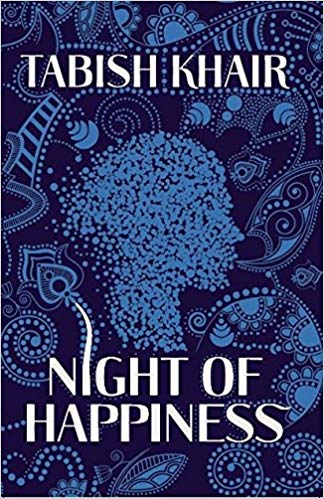Somewhere hidden in the labyrinth of memory you can hear the lonely whistle of a train crossing the dark expanse of the Indian subcontinent. It is often reminiscent of the cry of those djinns that you have been warned will suddenly appear on your doorstep. They chitter and grind their teeth with rage as the train rocks uneasily along a steel bridge over a swollen river. They appear sometimes outside the grimy windows of the train with an open mouth screaming obscenities that you can’t hear. As so many of our film-makers have reminded us, trains are powerful harbingers of fate; not just of the individual seen arriving or departing, but in the country’s own process of discovery and disintegration.
Tabish Khair is much too accomplished and cosmopolitan a writer to depend on such cinematic tropes. Who travels by train anyway? Certainly not his narrator, the successful businessman entrepreneur who happens to be stuck in a hotel room when we first meet him. He is so disturbed by the events he is about to describe that he starts writing the story from a sheaf of papers he finds in the drawer next to his hotel bed. Not text-savvy, our modern-day business exec. Never mind, there is a delicious feeling of intimacy that Khair elicits in making Mehrotra put down his thoughts on paper. He could be your everyday Tagore taking out his quill and writing swiftly through the dark night while time itself becomes elastic.
Khair who is described as a poet, cultural critic, and novelist, has a touch of the gothic story-teller here. His methods are however framed with a light touch, a playfulness that makes him seem like a chance meeting between a stranger that tugs at your shirt sleeve and says: Listen to my story. Khair does in fact evoke Coleridge’s ‘Ancient Mariner’ at a later point in the narrative.

